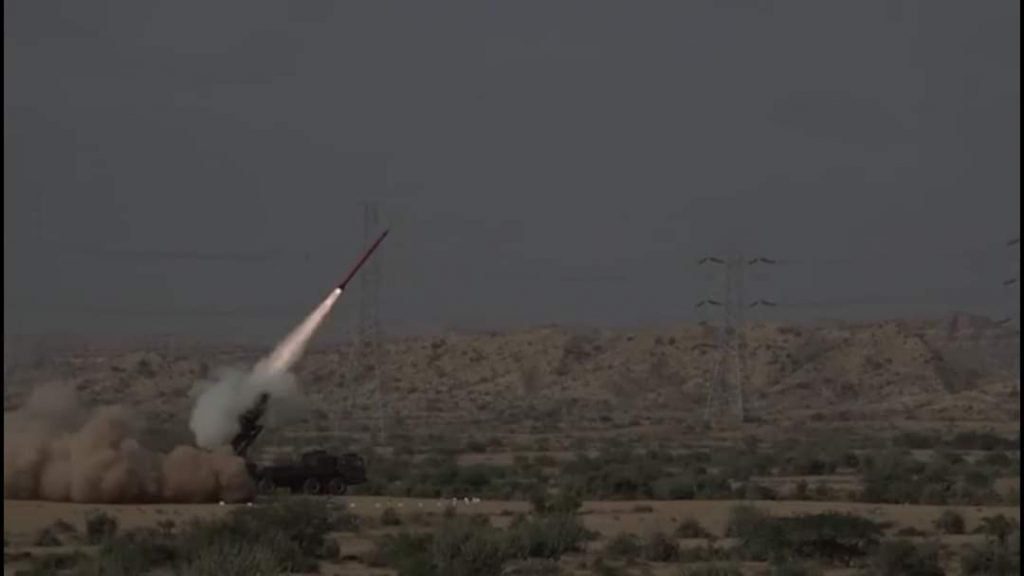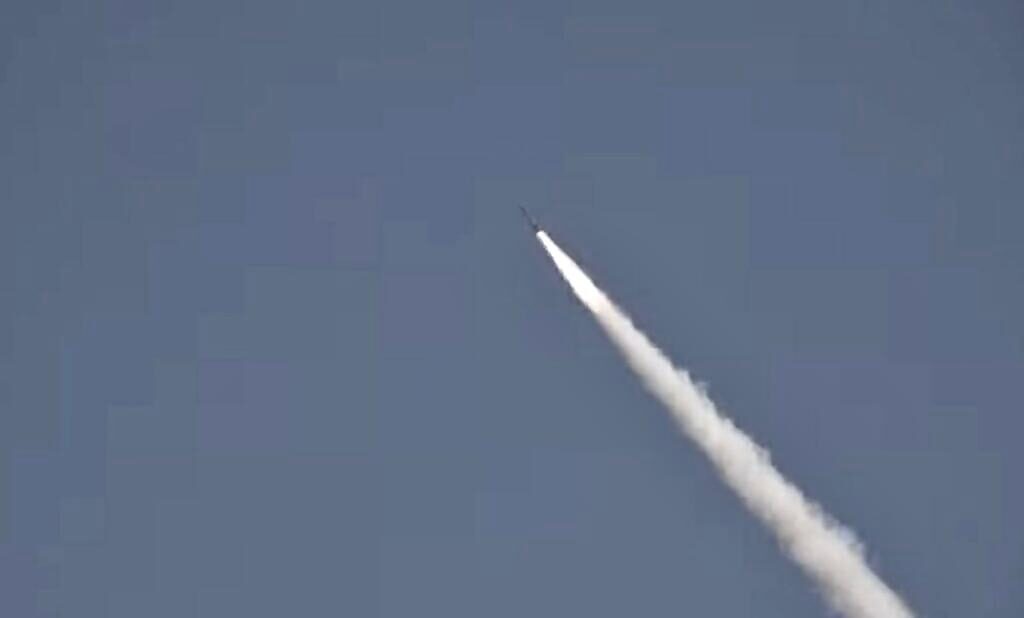Pakistan Successfully Tests The Fatah-II Multiple Launch Rocket System With A Range Of 400 KM
On May 15, the Pakistani Army successfully carried out the test launch of the domestically developed Guided Multiple Launch Rocket System (GMLRS) Fatah-II, which it claimed had the ‘capability of hitting precision targets deep within enemy territory’.
According to ISPR, the Pakistan Armed Forces’ media and public relations wing, the test, which was conducted to perfect launch procedures prior to their official deployment in artillery divisions, was witnessed by senior officers from all three branches of the Armed Forces, including Pakistan’s Chief of General Staff General Nadim Raza, as well as scientists and engineers who contributed to the system’s development.
Following the test, Pakistan’s President Asif Ali Zardari, Prime Minister Shehbaz Sharif, Chairman of the Chief of Defense Staff Committee Sahir Shamshad Mirza, Chief of Defense Staff Nadim Raza, and all Chiefs of Services congratulated the participating troops and scientists on their achievement.
According to Pakistan’s state-owned Global Industrial and Defense Solutions (GIDS), Fatah-II is an advanced Multiple Launch Rocket System with fast reaction, long range, high accuracy, and high firepower density. The G-MLRS system, which was first tested in December 2023, is an improved version of Fatah-I that was developed in collaboration with Khan Research Laboratories (KRL) and NESCOM. The system’s 7.5-meter-long missile, which is claimed to have a “state-of-the-art navigation system, unique trajectory and maneuverability”, is outfitted with an inertial navigation system (INS) and global navigation satellite service (GNSS) systems. It is reported that the system, which has a circular error probability (CEP) of less than 50 meters and can attack targets at a range of 400 kilometers with a 150 kg warhead, “has the capacity to defeat any missile defense system.”

Once operational, Fatah-II will significantly increase the range and lethality of the Pakistan Army Artillery’s conventional arsenal, which currently employs Soviet-made KRL122 systems based on the A100 and BM-21 Grad produced by the China National Precision Machinery Import and Export Corporation (CPMIEC). The Fatah-II long-range artillery system’s production, maintenance, and operating costs will also benefit Islamabad economically when compared to Pakistan’s short-range ballistic missiles (SRBM) of comparable range.

